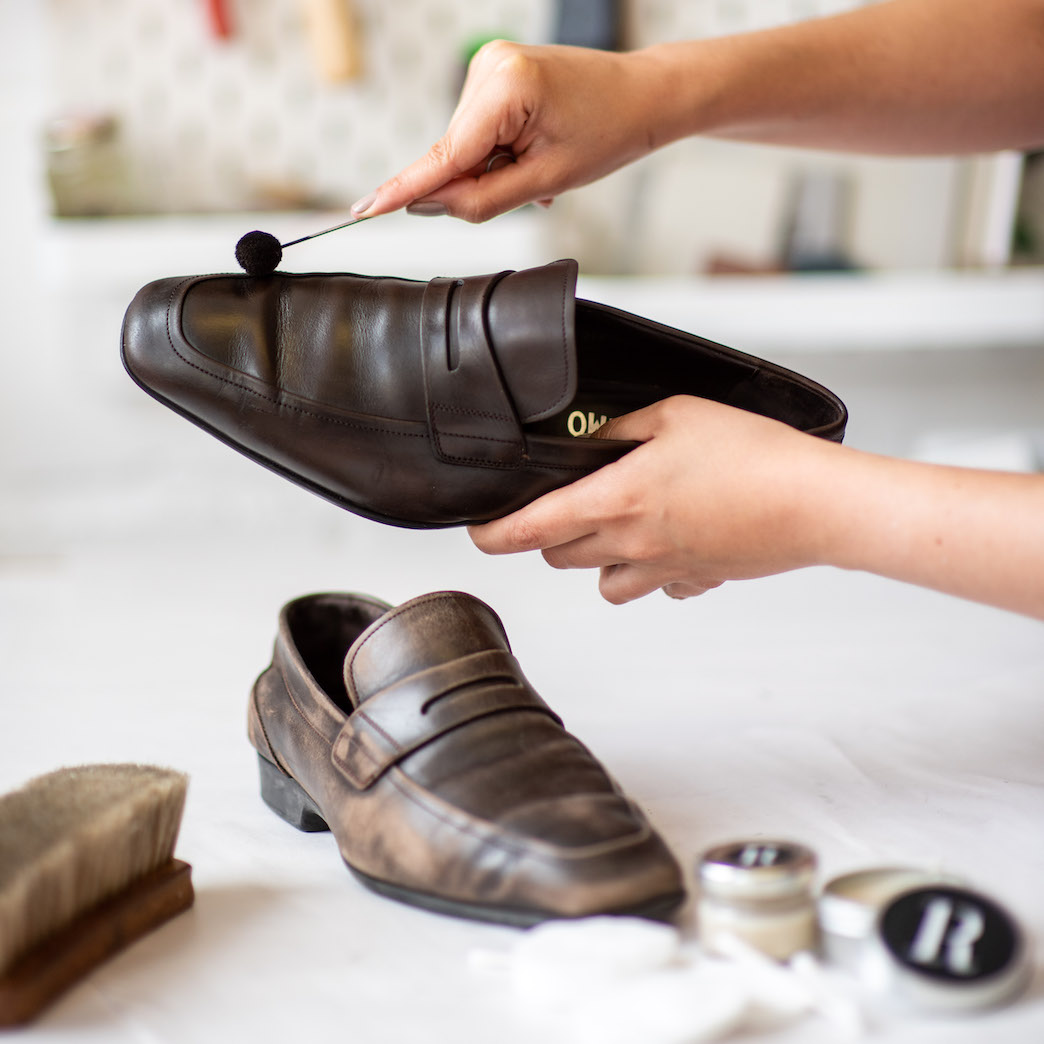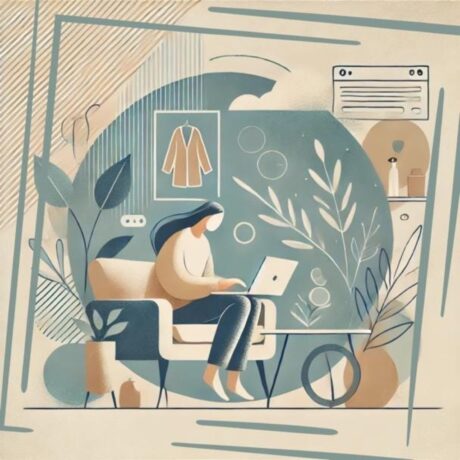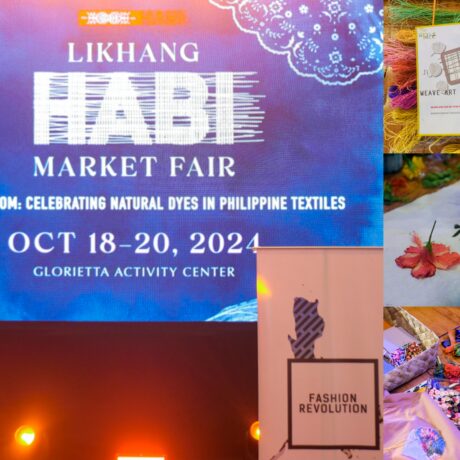#lovedClothesLast | How to take care for your shoes and accessories
With the average shoe consisting of approximately 20 different components that are built and bonded together, when it comes down to detoxing the wardrobe, we encourage you to think before you throw away.
The mixing of materials means shoes tend get thrown into landfill all together, rather than recycled. It can take anything from 25 to 40 years for leather shoes to decompose, depending on the combination of materials used.
London based atelier, The Restory team are working to create timeless leather pieces, steering away from fast fashion designs and contributing to the wave sweeping through the fashion industry; slow fashion. This term, coined by Kate Fletcher of the Centre for Sustainable Fashion has become the movement of 2019 (and onwards) that encourages consumers to buy better quality items from more sustainable sources in order to veer away from being a part of a throwaway society.
The fashion industry is slowly but surely reflecting a more modern and ethically conscious landscape as both consumers and brands alike are rejecting principles of the fast fashion industry and are looking at ways to be more sustainable whether this be in production, narrowing the supply chain or championing #lovedclotheslast.
In spite of the debate surrounding using leather and its environmental impact, some find that real leather is the best choice when it comes to making bags that last in terms of design and durability, particularly if properly cared for and preserved, we have a number of cleaning techniques to moisturise and nourish leathers to avoid cracking whilst minimising scratches and marks.

Here at The Restory, our aim since 2016 has been to educate our clients in the importance of after care, instead of leaving our beloved leather goods to waste in landfill. By continuously finding innovative techniques to repair and restore an array of leather goods we encourage better solutions to replace environmentally unfriendly ways. We aim to inspire investment in long term pieces, educate in the importance of after care, support the rental and resell market encourage overall being a more mindful consumer.
As spring is slowly but surely on its way, our atelier team have come up with some of their top aftercare tips to increase the longevity of your much-loved accessories.
Do’s:
-
- Invest a little extra in shoe protection with a horsehair brush; an essential tool for taking care of your shoes in need of a polish.
- Adding a protective rubber layer on the sole of your shoes can eliminate slipping (sometimes – it happens to the best of us) and as an added bonus, it also protects the leather from being damaged in wet weather.
- If (when,) the great British weather catches you out in the rain, pop some kitchen roll inside your shoes/bag to help absorb moisture and retain shape and leave them to air dry in a well-ventilated area.
- Store your items well when they aren’t being used. After the hot summer months add a shoe deodoriser to rid any odours that may linger.
- Use appropriate leather cream on your leather good every few months to keep them moisturised and nourished.
- Keep your pens and makeup in separate bags to avoid any leakages onto your bag lining; these can be the toughest stains to remove.
Don’ts
-
- Baby wipes. Just don’t. These often contain lanoline or other lotions that can leave marks even harder to remove. Try a damp cloth or a specialist cleaner suited to the material.
- Don’t overfull your handbags, as tempting as it may be. Most designer bags aren’t made for heavy loading and it’s likely to stretch the leather, disengage handles and lose its shape, which can be expensive to rectify.
We encourage you to send your items to a cobbler before they get too worse for wear to avoid substantial work. If in doubt, request a preliminary quote or book a collection.









